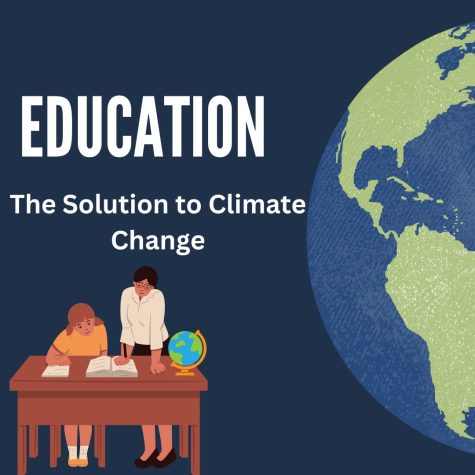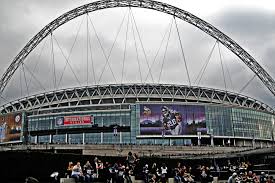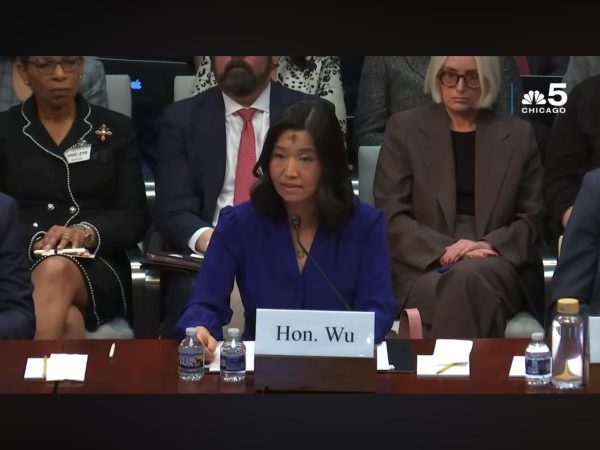Climate Change Education Should be Mandated

Schools are supposed to prepare students for their futures, but they cannot do that without educating them about climate change, and the future of the planet they live on. Teaching about climate change in schools has to be mandated; it is not an option to glaze over something as consequential as the climate crisis.
Middle school teacher Bertha Vazquez told the New York Times that this is crucial not only because of “the potential disasters ahead, but because this is the future of the economy.”
An article by the Congressional Research Service echos concerns about the impact on the economy saying, “climate change—notably the projected increase in certain extreme weather events—is also expected to affect the overall economy through its impacts on specific sectors, such as housing, infrastructure, and agriculture.”
For example, as temperatures rise, so too does the ocean’s water level. This can lead to flooding and property damage to houses near the coast. According to NASA, sea levels have risen almost 4 inches since 1992. The U.S. Department of Agriculture (USDA) projects that over the next 30 years, rising oceans will destroy 70 million homes. Additionally, climate change is said to be the cause of the droughts that have plagued both the U.S. and other areas across the world, destroying crops and, in turn, food supply.
There is pushback from parents about the teaching of climate change in schools, but as the article Children and youth in the climate crisis says, “Although adults may wish to protect children from knowledge of the climate crisis,… [it is] their right to know about, and be involved in, issues that will affect their future.”
To prepare students for success, it is important to recognize and work with the knowledge that the economy will be greatly impacted by the climate crisis. Students interested in business, finance, politics, philosophy, and many other subjects can apply their knowledge of the climate crisis to their field of study.
It can be a challenging topic, and some feel that the climate crisis can be emotionally damaging to students. The article Children and youth in the climate crisis recognizes “ecoanxiety (severe and debilitating worry) and ecological grief (grief related to current or anticipated ecological loss)” as the side effects of climate change education.
However, as sixth-grade teacher Ana Biggs, points out, the negative can be combated by positives, such as having students research organizations that are working to oppose climate change. She says, “There are so many things out there that people are doing, whether it’s changing your light bulbs at home or… getting corporations to change how they do business.”
Students need to be informed about the impacts of climate change in order to cope with this world crisis and have the opportunity to contribute to solutions at the local level or beyond.
Unfortunately, many school districts, including Hamilton-Wenham, do not have a course dedicated to climate change. There are virtual classes addressing this subject that students can signup for, including Environmental Science. However, if students want to make this part of their in-person curriculum, they should approach the science department at their school and explore different options, such as adding a course or making a separate unit that specifically focuses on what is happening in the environment.
Climate change is happening now, and teaching youth about the changing environment is vital. It is up to educators to prepare students for the world they will inherit. As Franklin D. Roosevelt once said, “We cannot always build the future for our youth, but we can build our youth for the future.”
Gillian Horner is a sophomore at HWRHS and a student journalist for The General Consensus. Writing has always interested Gillian, and she thought journalism...











